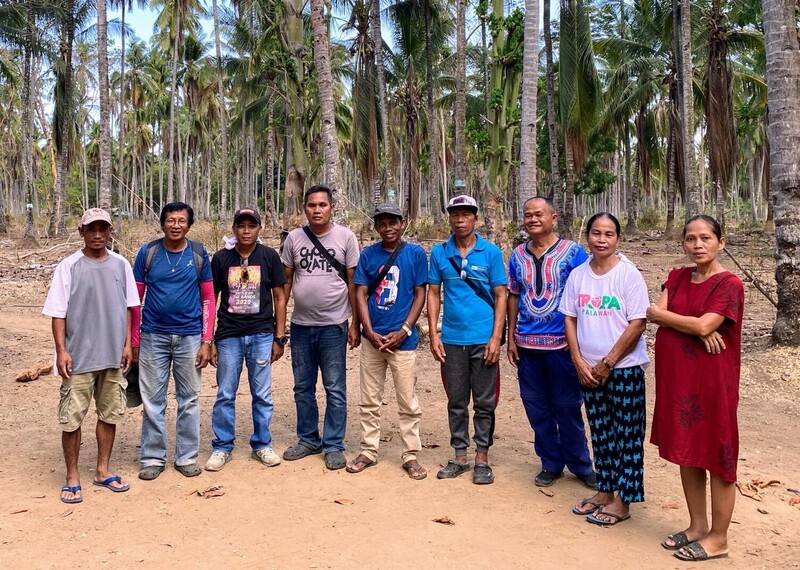Recharge for Rights
When it comes to human rights due diligence reporting in the electric vehicle industry, how do leading manufacturers stack up?
- Leading electric vehicle giants BYD, Mitsubishi, and Hyundai rank poorly in a recent human rights study by Amnesty International.
- The study highlights the lack of transparency in addressing human rights risks in mineral supply chains.
- Amnesty International calls for the recognition and mitigation of human rights risks in battery mineral supply chains.
Mixed Scores Across the Board
- All companies assessed fall short, with none scoring higher than 51 on the human rights due diligence assessment.
- BYD received the lowest score at a meager 11/90, whereas Mercedes-Benz ranked the highest with 51/90.
- Companies like Renault and General Motors show commitment but lack full transparency in their supply chain operations.
Impact on Indigenous Communities
How are Indigenous communities affected by the lack of transparency in electric vehicle supply chains?
- Mining for minerals poses environmental and humanitarian risks, with companies failing to provide detailed supply chain mapping.
- Hyundai and Mitsubishi Motors lack transparency in their supply chain operations, affecting local communities.
- It’s essential for companies to mitigate human rights risks associated with mining operations to protect communities.
Moving Forward
What steps can companies take to align with international human rights standards?
- All companies involved in the EV battery supply chain are urged to implement a human rights due diligence process.
- While some companies have made progress, more needs to be done to address human rights risks effectively.
- Amnesty International calls for a just energy future that respects human rights and holds companies accountable.
Summary:
Electric vehicle manufacturers, including industry giants, are facing scrutiny for their inadequate demonstration of addressing human rights risks in mineral supply chains. Amnesty International’s report calls for greater transparency and action to mitigate human rights abuses, especially impacting Indigenous communities in mineral-rich regions.
Source: www.amnesty.org

